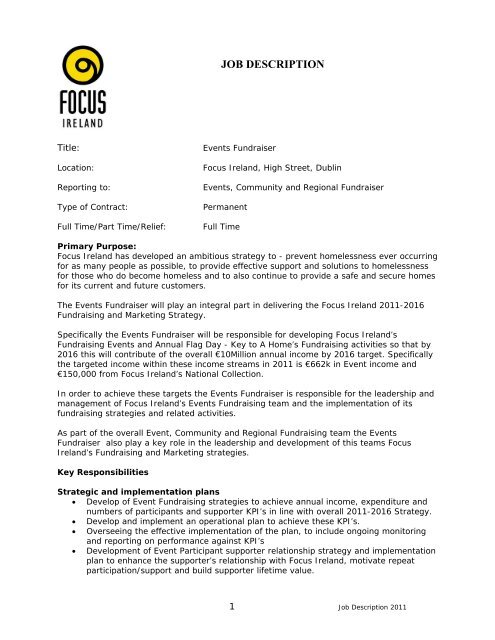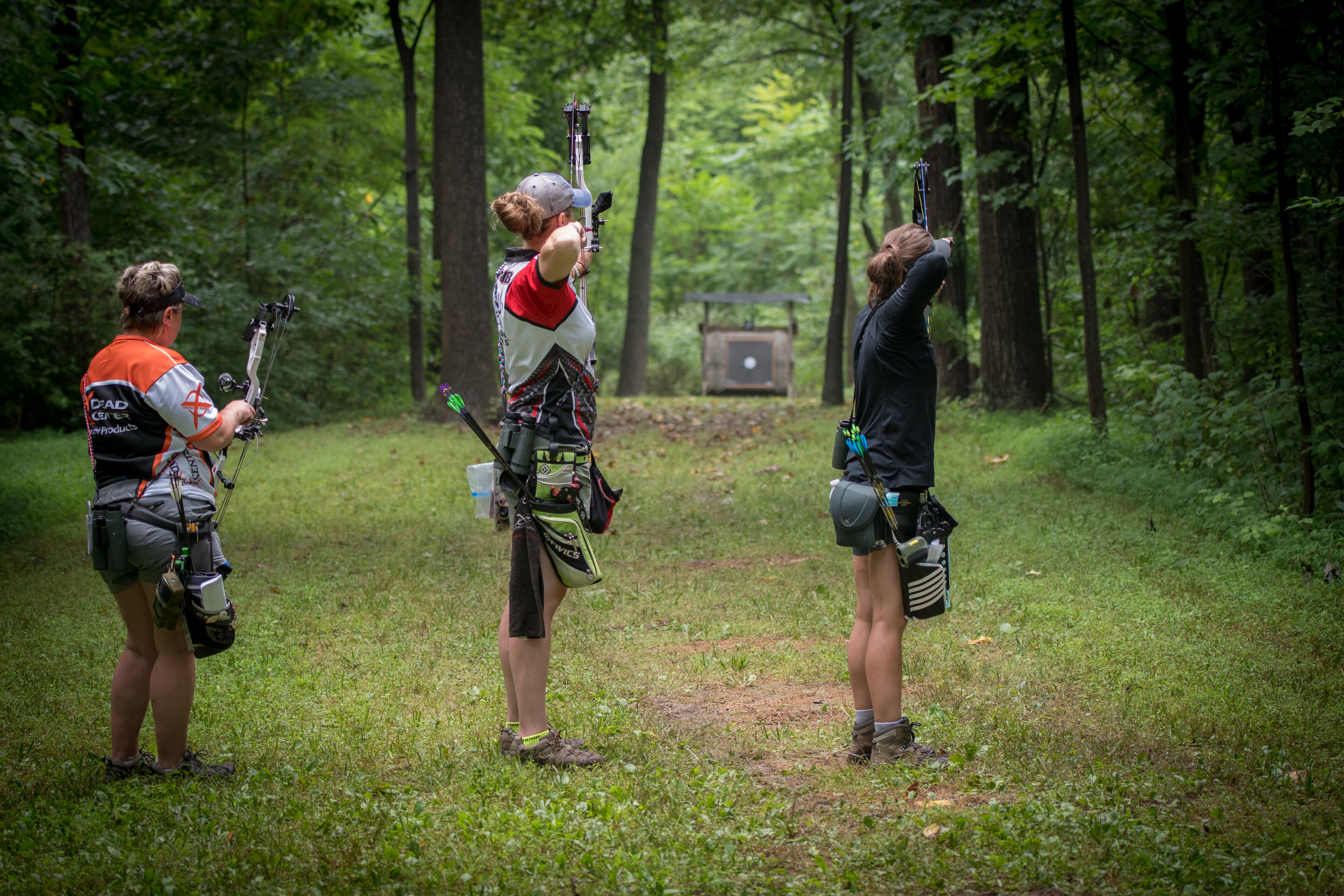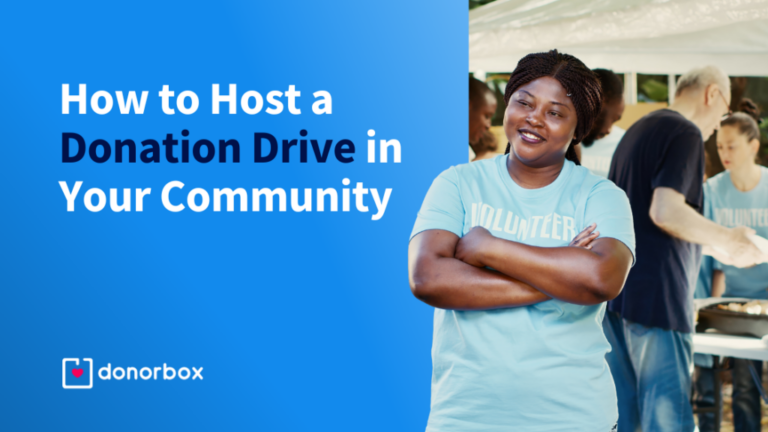Community events play a vital role in fostering connections, celebrating diversity, and promoting local engagement. However, organizing such events can seem daunting without a clear roadmap. If you’re wondering how to host a community event successfully, you’re in the right place. In this comprehensive guide, we will walk you through the step-by-step process, providing you with practical tips, innovative ideas, and valuable insights.
Whether you’re planning a festival, fundraiser, workshop, or neighborhood gathering, this guide will equip you with the necessary tools to create an unforgettable experience for your community. From selecting the right venue to promoting your event effectively, we’ll cover everything you need to know to ensure your event is a resounding success.
Planning for Success
When it comes to how to host a community event, meticulous planning is key to ensuring a successful outcome. Start by defining your event goals and target audience to tailor the experience. Consider the logistics, budget, and timeline meticulously.
Setting Objectives
Determine the purpose of the event and what you hope to achieve. Whether it’s raising awareness, fostering community engagement, or fundraising, clear objectives will guide your planning process.
Establish specific, measurable goals for the event to track its success and impact.
Creating a Budget
Develop a comprehensive budget that accounts for all expenses, including venue rental, permits, marketing, and community engagement initiatives.
- Research funding sources, such as sponsorships or grants, to offset costs.
- Plan for contingencies to address unexpected expenses and ensure financial stability.

Setting Goals and Objectives
When hosting a community event, it’s crucial to set clear goals and objectives to ensure its success. Start by defining what you aim to achieve through the event and outline your desired outcomes.
Defining Goals
Identify the purpose of the event. Is it to raise awareness, foster community engagement, or drive a specific action? Clearly articulate what success looks like for your event.
Setting SMART (Specific, Measurable, Achievable, Relevant, Time-bound) goals can help you stay focused and track your progress effectively.
Establishing Objectives
Determine the specific steps you need to take to accomplish your goals. Break down your overarching goals into actionable objectives that are concrete and achievable.
Assign responsibilities and deadlines for each objective to ensure accountability and timely execution.
Choosing the Right Venue
When considering how to host a community event successfully, one of the critical decisions is choosing the right venue. The venue serves as the backdrop for your event and can greatly impact its success.
Finding the Perfect Location
Look for a venue that aligns with the theme and purpose of your community event. Consider factors such as the size of the venue, amenities available, and accessibility for attendees.
Make sure the location is convenient and easily reachable by public transport to ensure maximum participation.
Checking Amenities and Services
Ensure the venue provides essential amenities such as parking, restrooms, and catering facilities if needed. Having these services on-site can enhance the overall experience for your attendees.
- Check if the venue has technical support for sound systems, projectors, and any other equipment you may require for presentations or performances.
- Consider the flexibility of the space for setting up booths, stages, or seating arrangements based on your event layout.

Creating a Budget
When planning a community event, one of the crucial steps is creating a budget to ensure all expenses are accounted for and managed effectively. A well-thought-out budget helps in allocating funds wisely and prevents overspending.
Setting Financial Goals
To start, define your financial goals for the event. Determine the total amount you are willing to spend and allocate funds to different aspects such as venue rental, decorations, marketing, and entertainment.
Establish a contingency fund for unforeseen expenses to avoid any last-minute budget strains.
Tracking Expenses
Keep a detailed record of all expenses incurred during the event planning process. Use budgeting tools or software to track spending and ensure you stay within the allocated budget.
Regularly review and adjust your budget as needed to maintain financial control over the event.
- Monitor expenditures for items like permits, catering, and rentals.
- Utilize free or discounted resources to minimize costs.

Securing Sponsorships and Partnerships
When organizing a community event, securing sponsorships and partnerships is crucial for success. Sponsors can provide financial support, resources, and promotion, while partnerships can help widen your reach and access to new audiences.
Identify Potential Sponsors
Start by identifying companies or organizations that align with the values and theme of your event. Reach out to local businesses, community centers, or larger corporations that may be interested in supporting your cause.
Make sure to emphasize the mutual benefits of collaboration.
Create Sponsorship Packages
Develop comprehensive sponsorship packages detailing the benefits sponsors will receive. This can include logo placement, speaking opportunities, and social media shoutouts to highlight their contribution.
- Gold Package: Prime logo placement, exclusive booth space
- Silver Package: Logo on event materials, mention in press releases
- Bronze Package: Social media mentions, logo on event website
Marketing and Promotion
When organizing a community event, marketing and promotion play a crucial role in its success. To attract attendees and create buzz, utilize a variety of strategies.
Social Media Marketing
Use platforms like Facebook, Twitter, and Instagram to spread the word about your event. Create engaging posts that highlight key information and encourage sharing.
Include visually appealing graphics and videos to grab attention. Engage with your audience by responding to comments and messages promptly.
Email Campaigns
Send out targeted email campaigns to your mailing list. Craft compelling subject lines and content that entices recipients to learn more about the event.
- Include a clear call-to-action (CTA) directing readers to register or RSVP.
- Personalize emails with the recipient’s name for a more tailored approach.
Logistics and Operations
When hosting a community event, meticulous planning of logistics and operations is crucial for a successful outcome. Begin by creating a detailed timeline that includes setup, event flow, and teardown.
Vendor Coordination
Collaborate with vendors early on to secure services and products needed for the event. Ensure timely delivery and installation to avoid any last-minute hiccups. Communication with vendors is key.
Staff Assignments
Assign specific roles and responsibilities to event staff and volunteers. Make sure everyone understands their tasks and knows who to report to for smooth coordination. Training sessions can help prepare the team.
Day of the Event
On the day of the event, ensure everything is in place for a successful community gathering. Start by setting up the venue early in the morning to avoid any last-minute rush.
Final Checks
Do a final walkthrough of the venue to check if all arrangements are in order. Confirm the availability of necessary supplies such as seating, food, and decorations.
Welcoming Guests
Greet each guest warmly as they arrive, making them feel welcome. Provide them with event brochures or schedules to keep them informed about the day’s activities.
Engaging the Community
When planning a community event, engaging the community is crucial for its success. Reach out to local organizations, schools, and businesses to involve them in the event and create partnerships that benefit everyone involved.
Utilize Social Media Platforms
Use social media platforms to spread the word about your community event. Create engaging posts, share updates regularly, and encourage the community to participate and spread the news.
Host Informational Sessions
Organize informational sessions to discuss the event details, goals, and how the community can get involved. These sessions build excitement and allow for direct interaction with community members.
Frequently Asked Questions
-
- Why should I host a community event?
- Hosting a community event is a great way to bring people together, promote social interaction, and create a sense of unity within your community.
-
- What are the key steps involved in hosting a community event?
- The key steps involved in hosting a community event include planning, setting a date and location, determining the purpose and theme, securing necessary permits, promoting the event, coordinating logistics, and evaluating the event post-implementation.
-
- How can I choose a suitable location for my community event?
- When selecting a location for your community event, consider factors such as accessibility, capacity, facilities available, parking options, and relevance to the event’s theme or purpose.
-
- What are some effective ways to promote a community event?
- You can promote your community event through various channels such as social media, local newspapers, flyers, posters, community websites, word of mouth, and partnering with local organizations or businesses.
-
- Is it important to involve the community in the planning process?
- Yes, involving the community in the planning process can help generate interest, gather valuable input and ideas, increase attendance, and create a sense of ownership and pride among community members.
-
- How can I ensure the success of my community event?
- To ensure the success of your community event, be well-organized, communicate effectively, involve volunteers, provide engaging activities, offer food and beverages, and follow up with attendees for feedback and future engagement.
Final Thoughts: Success in Community Event Hosting
Hosting a successful community event requires careful planning, effective communication, and a passion for bringing people together. By following the step-by-step guide outlined in this blog, you can create memorable experiences that resonate with attendees long after the event ends.
Remember to prioritize community engagement, provide clear information, and leverage resources like volunteers and local businesses to make your event a success. Keep the focus on creating a positive impact and fostering connections within your community.
Whether you’re organizing a small gathering or a large-scale event, the key is to stay organized, flexible, and attentive to the needs of your attendees. By following these guidelines, you can host a community event that leaves a lasting impression on all who participate.



